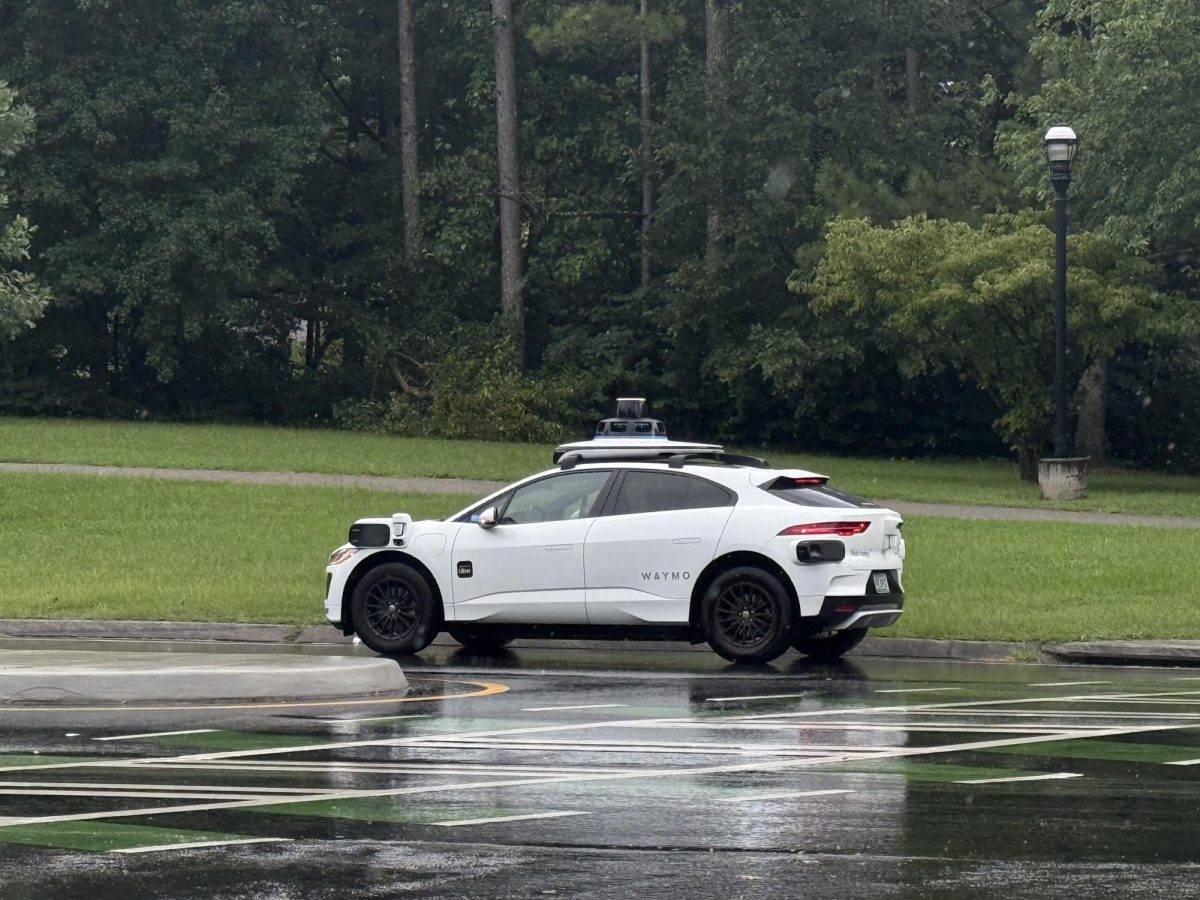I turned 17 recently, which is great; I can drive, work a job and watch R-rated movies. Along with my newfound freedoms, I received a newfound responsibility: the responsibility to follow the law with the same consequences as any other adult. As a 17-year-old in Georgia, I am tried not as a minor, but as an adult for any crime I’m suspected of committing.
Now, at the surface this makes sense: I am a young adult who is perfectly capable of following the law (and who is better at it than some adults). I’ll even be voting in the next presidential election — except that will be when I’m 18, not 17. If I am not represented in the government, why should I be held to its laws? In Georgia’s current justice system, I have been given the full responsibility of following laws (and I will suffer the full consequences if I fail to do so), but not the freedom to vote that should come with that responsibility.
In Georgia, the juvenile justice system, which handles the trials and sentences of minors, only applies to children 16 and under. Within this system, the state focuses on the best ways to help delinquents, whether that means assigning them community service work instead of jail time or removing them from an unsafe home. Additionally, arrests are kept off of minors’ official records, so that the mistakes they made as kids don’t haunt them in adulthood. These perks, however, end on every Georgian’s 17th birthday. At that point, minors can be and are tried as adults for any crimes in which they are suspects. This is an anomaly, as only 11 of the 50 states remove juvenile trial rights before legal adulthood.
Ending juvenile justice before age 18 is wrong because it requires citizens to uphold laws that they have no power to affect. Say a 17-year-old believes marijuana should be legal. They have no power to make that change happen, yet if they’re arrested for smoking, they receive the same punishment as a voting adult. The arrest would go on their record, hurting their chances of getting into college and potentially crippling their career options. Had the 17-year-old been 18, the teen at least would have had a chance to vote on the legality of marijuana.
This unfairness is in the same vein as what drove the founding fathers to rebel. Before the Revolutionary War, Americans were tried and punished for laws in which they had no say. The absence of American representation in the British Parliament drove colonists to declare independence; they wanted a government system that would not hold them to laws without giving them the power to vote. This sentiment found its way into the Declaration of Independence, in which the founding fathers cited “imposing taxes on us without our consent” as a reason for the rebellion. In this sense, Georgia’s juvenile justice policy is antithetical to the founding principles of this nation.
Usually the decision to try teens as adults is a matter of funding; states don’t want to levy taxes to support another age group of minors. The Schuyler Center for Analysis and Advocacy reported that the cost to incarcerate a repeat offender over a lifetime is approximately $5.7 million, while the cost to rehabilitate a juvenile offender ranges from $2.6 to $5.8 million. In all, the short-term costs of incarcerating 17-year-olds as adults are cheaper than trying to rehabilitate them through the juvenile justice system, but in the long term, rehabilitation pays off. With this in mind, treating 17-year-olds as adults within the justice system not only oppresses the voiceless, but is also an illogical financial decision.
Today, Americans have a government that acts fairly by giving citizens representation while requiring that they uphold the laws of the country — except for 17-year-olds like myself and my peers. Like Alabama in 1977, Connecticut in 2012, and Illinois in 2014, Georgia should raise its upper age of juvenile court delinquency to 17, ending the legal limbo I’m stuck in until I turn 18.






